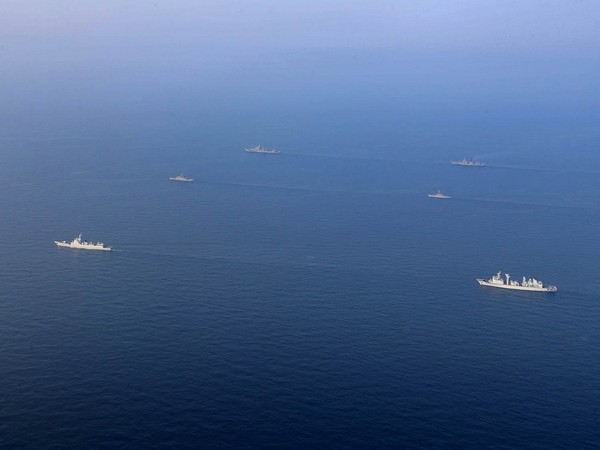Philippines behaviour in South China Sea "extremely dangerous": Chinese state media
"The Philippines relies on the support of external forces, ignores China's goodwill and restraint, and repeatedly provokes China's principles and bottom line," said the editorial. Written under the pen name Zhong Sheng, or "Voice of China", the column is often used to offer hardline views on foreign policy matters.

- Country:
- China
The Chinese state media on Tuesday accused the Philippines of ignoring China's 'goodwill' and 'restraint' and warned the country against "causing trouble and chaos" in the South China Sea, Al Jazeera reported. The Chinese-state-controlled newspaper The People's Daily issued the call in commentary published on Monday, saying the Philippines has repeatedly infringed on China's territory in the region and risked making a severe "miscalculation."
Al Jazeera reported that China's People's Daily blamed the United States for encouraging the Philippines' "provocative" actions in the area, which it says "irresponsibly escalate regional tensions." "The Philippines relies on the support of external forces, ignores China's goodwill and restraint, and repeatedly provokes China's principles and bottom line," said the editorial. Written under the pen name Zhong Sheng, or "Voice of China," the column is often used to offer hardline views on foreign policy matters.
"This behaviour is extremely dangerous and has seriously harmed regional peace, stability, prosperity and development," the piece reads. This comes amid escalating tensions between Beijing and Manila and both have raised accusations over a spate of run-ins in the sea.
In the latest incident on December 10, the Philippines accused China of ramming a supply boat that was carrying Manila's chief of staff near Second Thomas Shoal. The China Coast Guard, however, said the Philippine boat had "deliberately collided" with the Chinese vessel after "disregarding our multiple stern warnings."
Beijing claims the Second Thomas Shoal and almost the entire South China Sea on the basis of its "nine-dash line." The U-shaped marking was featured on a new version of its national map earlier this year. The map caused upset among Southeast Asian countries, including Malaysia, the Philippines and Vietnam, as it staked Chinese claims to the waters lying close to their coasts.
An international tribunal ruled as far back as 2016 that the map provided no legal basis for China's claim, but Beijing has ignored that decision and continues to insist on the line's legitimacy. Al Jazeera reported that, in an unusually direct warning, Chinese Foreign Minister Wang Yi said last week that any miscalculation in the dispute with the Philippines would bring a resolute response from China and called on Manila to "action with caution."
The souring of bilateral ties coincides with Manila bolstering military relations with Japan and the United States, its former colonial power and defence ally for seven decades. China expressed anger at the US this month for sending a navy ship into waters near the contested area. (ANI)
(This story has not been edited by Devdiscourse staff and is auto-generated from a syndicated feed.)










